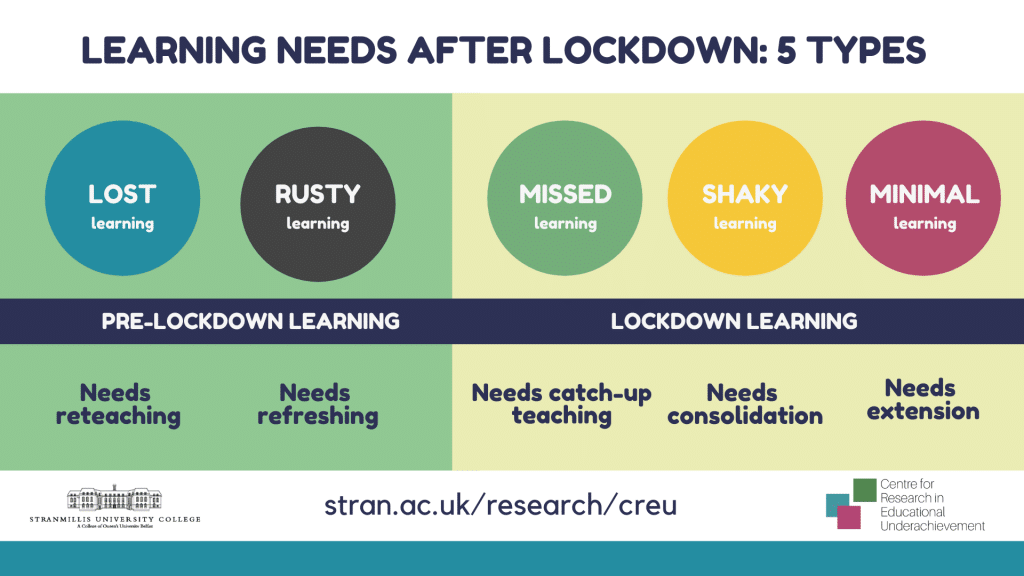NAPCE Awards 2023 – ENTRY NOW OPEN
Entry for the National Awards for Pastoral Care in Education 2023 is now open.
The Awards is the first and only scheme based in the UK to recognise great practice of pastoral care providers in the education sector and is now in its fourth year.
We have been delighted with the success of the NAPCE Awards since we launched in 2020 and the initiative continues to go from strength to strength.
We hosted a packed in-person Presentation Evening at Worcestershire County Cricket Club in 2022 and we are planning to hold the 2023 event in September next year.
The closing date for all categories this year will be Wednesday 19th April, 2023, but there’s no reason to wait, get your entries in now.
Just like in previous years, the finalists of the National Awards for Pastoral Care in Education will be selected by an independent judging panel and invited to attend the ceremony to share the experience with peers and find out who wins each Award.
NAPCE is inviting nominations in the following categories;
Pastoral School of the Year
Pastoral Team of the Year
Pastoral Member of Staff of the Year
Pastoral Leader of the Year
Pastoral Development of the Year
Raising Awareness about Pastoral Care
Outstanding Contribution to Pastoral Care
International Contribution to Pastoral Care
You can enter the NAPCE categories here Enter here
Nominations are encouraged for awards in different categories from schools and educational establishments and you DO NOT need to currently be a member of NAPCE to take part.
NAPCE Awards 2023 is an excellent opportunity to share good practice in pastoral care and through our social media, website and those of our partners, the Awards raises awareness of where pastoral support is making a real difference in the educational experience of young people.
The Awards also encourages new initiatives and ideas in pastoral care and will recognise the contributions being made to developing policy and practice in pastoral support.
This is an opportunity to recognise the impact the work of pastoral staff is having on the achievement and well being of young people.
The decisions about prize winners in each category will be made by a panel of invited professionals who work in pastoral care.
There will be a prize of £100.00 for the school or institution for the winners of each category and individuals will also be recognised for their achievements.
The criteria for the NAPCE awards are;
•Pastoral School of the Year
A school that can demonstrate a commitment to pastoral care and support for learners that makes a real difference in the progress and personal development of young people in the school
•Pastoral Team of the Year
A team that works in pastoral care and can demonstrate a determination to support young people to achieve their full potential and a positive impact on the young people they work with
•Pastoral Member of Staff of the Year
A member of staff who works in pastoral care and who always makes the extra effort to support young people to enable them to become effective learners and achieve success
•Pastoral Leader of the Year
Has a passion for pastoral care that is shared with colleagues to inspire and motivate them to make a real difference in the lives of the young people they work with
•Pastoral Development of the Year
A pastoral initiative or idea that has achieved positive outcomes and has improved the learning experience and future life chances, for young people
•Raising Awareness about Pastoral Care
An individual, group or organisation who through their actions have raised awareness about pastoral care or pastoral issues and encouraged positive improvements for the benefit of young people
•Outstanding Contribution to Pastoral Care
A person, group or organisation that has made a real difference for the benefit of young people in the area of pastoral care
•International Contribution to Pastoral CareAn international school, organisation outside of the UK or an individual working in research or in an international school outside of the UK, that has promoted or delivered high quality pastoral care.
Nominations for the NAPCE Awards are welcome from member schools and institutions and from schools and institutions that are not currently members of NAPCE.








